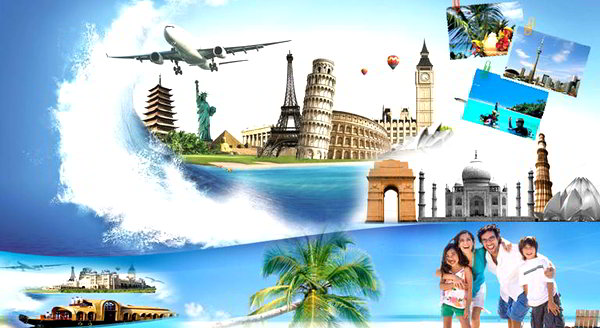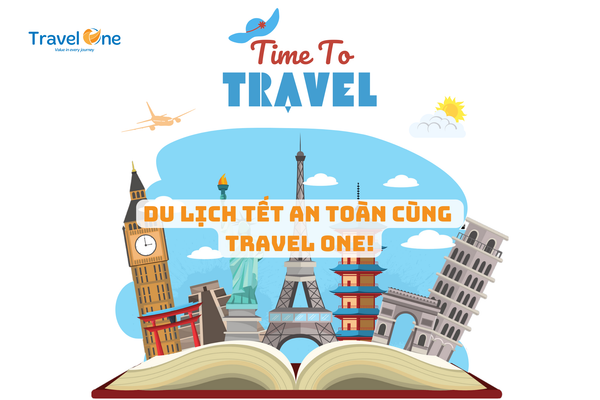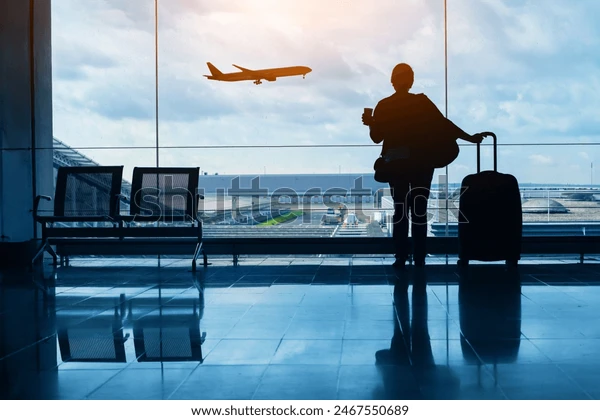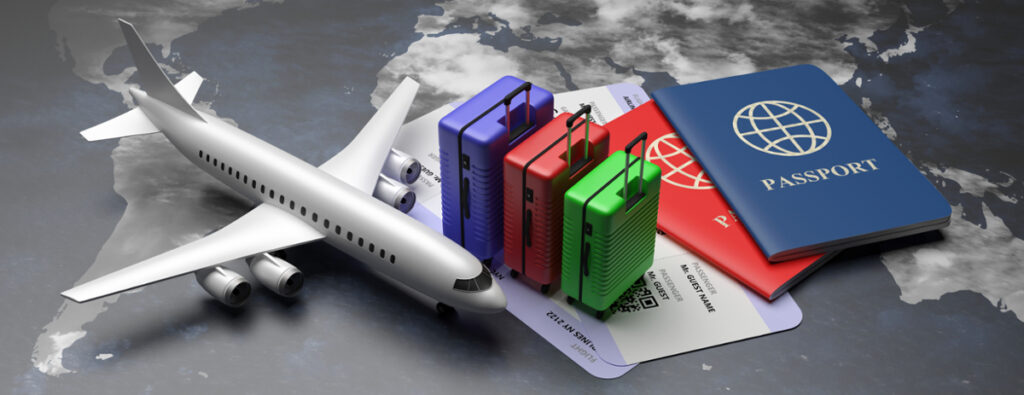Travel is more than just a leisure activity. It is a journey of discovery—of places, people, and, most importantly, oneself. In a world that often feels divided by culture, language, and geography, travel builds bridges. It is an act of curiosity, courage, and connection. Whether you are wandering through the streets of Tokyo, hiking in the Andes, or sipping coffee in a Parisian café, travel offers insights and experiences that leave a lasting impact.

In this article, we explore how travel shapes character, expands knowledge, fosters empathy, and contributes to global citizenship.
A Gateway to New Perspectives
Perhaps the most profound benefit of travel is the way it changes how we see the world. When we leave our homes and step into unfamiliar environments, we are exposed to ideas and lifestyles different from our own. This exposure challenges assumptions and opens our minds to other ways of thinking.
For example, visiting a country with a slower pace of life can teach a traveler the value of patience and presence. Immersing oneself in a community that places family and tradition at the center can shift one’s priorities. Travel teaches us that there is no one right way to live.

It also helps dissolve prejudice. The more people we meet, the more we understand that human beings—regardless of race, religion, or nationality—share similar hopes, dreams, and struggles. Travel replaces fear with familiarity and division with dialogue.
How Travel Builds Identity
Travel is also a mirror. It shows us who we are by removing the comfort zones we rely on at home. Navigating a foreign city, communicating in a new language, or adapting to different customs can be challenging, but these very experiences reveal our resilience, flexibility, and inner strength.
Solo travel, in particular, is a powerful exercise in self-reliance. Without the support system of friends or family, travelers are forced to make decisions, solve problems, and reflect on their journey. This introspection often leads to greater self-awareness and confidence.
Even the discomforts of travel—delayed flights, missed connections, or unfamiliar foods—become part of the learning experience. Each challenge overcome builds character and independence.
The Joy of Cultural Exchange
Cultural exchange is one of the greatest gifts of travel. Participating in another culture’s traditions, from festivals and food to art and architecture, deepens appreciation and fosters mutual respect.
Food, for instance, is a universal language. Tasting traditional dishes like Moroccan tagine, Japanese ramen, or Mexican tamales offers a glimpse into a culture’s history and values. Eating together is also a communal act—one that encourages conversation, laughter, and understanding.

Language is another powerful connector. Even learning a few simple phrases in the local tongue can break down barriers and create meaningful interactions. Locals often respond warmly to travelers who show respect for their language and customs.
Travel also inspires creativity. Artists, writers, musicians, and entrepreneurs often find inspiration from their journeys. Exposure to new aesthetics, philosophies, and challenges sparks innovation and imagination.
The Role of Nature in Travel
While cities and culture are fascinating, nature plays a vital role in the travel experience. Exploring natural wonders like the Grand Canyon, the Great Barrier Reef, or the Northern Lights stirs a sense of awe and humility.
Spending time in nature has well-documented benefits for mental health. It reduces stress, improves mood, and increases overall well-being. Activities like hiking, snorkeling, or camping allow travelers to disconnect from technology and reconnect with the earth.
Nature travel also encourages environmental awareness. Witnessing the beauty of a coral reef or rainforest firsthand fosters a desire to protect it. Ecotourism, when done responsibly, can support conservation efforts and educate travelers about sustainability.
The Economic and Social Value of Travel

Beyond its personal benefits, travel has significant economic and social impacts. The tourism industry is one of the largest employers globally. It provides jobs in hospitality, transportation, entertainment, and local crafts. For many developing countries, tourism is a vital source of income and development.
When managed ethically, tourism can help preserve cultural heritage, protect natural environments, and empower communities. For example, visiting indigenous villages or staying in locally owned guesthouses ensures that revenue goes directly to the people.
However, it’s essential to be aware of the negative effects of mass tourism. Overcrowding, pollution, and commercialization can damage fragile ecosystems and cultural sites. Travelers have a responsibility to make choices that minimize harm and promote sustainability.
Sustainable Travel: A Global Responsibility
Sustainable travel is no longer optional—it’s essential. As climate change and environmental degradation threaten the planet, travelers must consider the impact of their choices.
This includes choosing eco-friendly accommodations, reducing waste, and offsetting carbon emissions. Simple actions like bringing a reusable water bottle, taking public transport, and avoiding single-use plastics can make a difference.
Travelers should also respect local cultures and avoid exploitative experiences. For instance, avoid animal attractions that involve cruelty, or cultural shows that present stereotypes instead of genuine traditions.

Supporting responsible tour operators and community-led initiatives is another way to ensure that your travel benefits the destination.
Traveling in the Digital Age
Technology has revolutionized how we travel. With smartphones and apps, booking flights, finding directions, or translating languages has never been easier. Social media allows travelers to share their journeys instantly and connect with people from around the world.
However, the digital age also presents challenges. The rise of “travel influencers” and photo-driven tourism can sometimes prioritize image over experience. Travelers may be tempted to visit locations just for the perfect photo, rather than for genuine curiosity.
To travel meaningfully, it’s important to balance technology with presence. Put the phone away sometimes. Talk to people. Walk without a map. Let the journey unfold naturally. Some of the best moments in travel are unplanned.
How to Travel With Purpose
Traveling with purpose means being intentional about where you go, why you go, and how you engage with the place and people.
Start by researching the history and culture of your destination. Learn about its current challenges and how you can be a respectful visitor. Seek out authentic experiences rather than tourist traps.
Stay longer in one place if possible. Slow travel allows for deeper connections and a more relaxed pace. You’re more likely to notice the little things—conversations, gestures, local routines—that make a place special.

Travel with an open mind, but also with humility. You are a guest in someone else’s home. Be generous, be kind, and leave every place better than you found it.
Conclusion: Travel as a Way of Life
Travel is more than a holiday or a hobby. It is a way of seeing, learning, and being. It teaches us about the world and our place in it. It reminds us of what unites us as human beings and what makes each culture unique.
In a time when the world faces many challenges—political division, climate crisis, social injustice—travel has the power to connect us, educate us, and inspire us to act.
Whether you’re exploring your own country or a foreign land, travel with intention. Embrace the unknown, cherish the memories, and let every journey be a step toward a more compassionate, curious, and conscious world.
